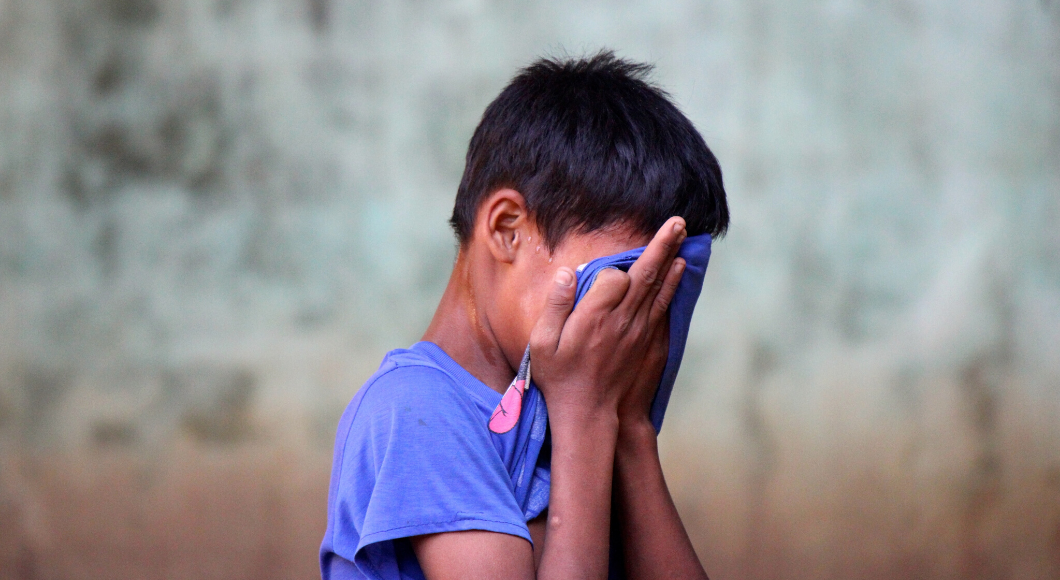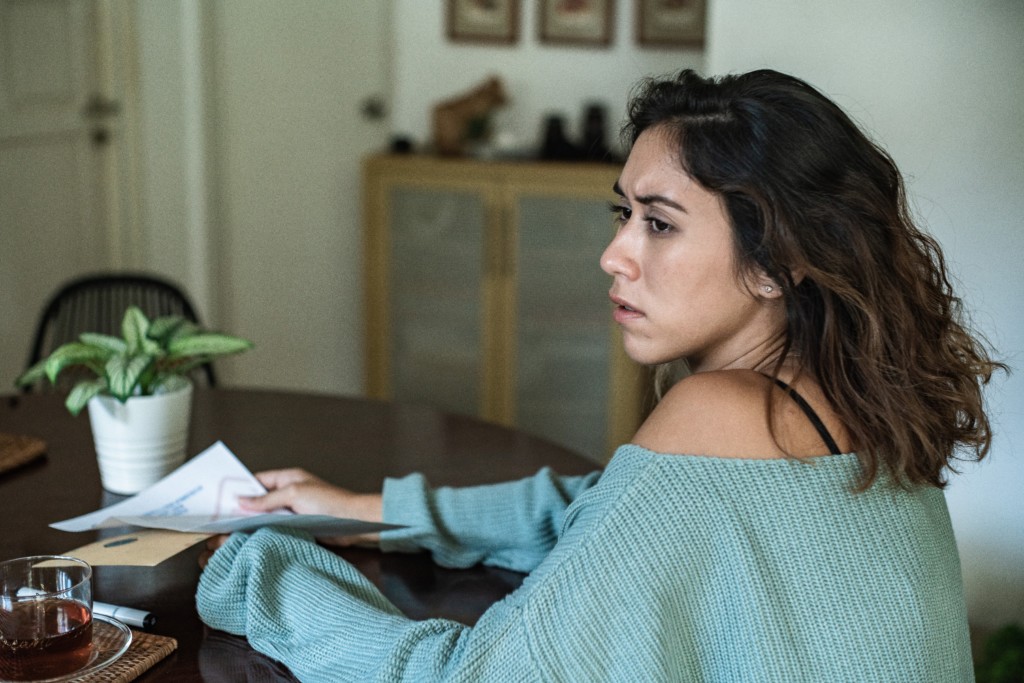Ever get that nagging, uneasy feeling something was wrong? You can’t quite put your finger on it, but it is there. It’s unsettling, isn’t it? Anxiety is a very real thing that doesn’t always arrive at the most convenient times. In fact, dare I say that it NEVER comes my way at the best time.
 As grownups, anxiety can cause undue stress in our already hectic day, make our heads or stomachs ache, and leave our brains in a constant whirl of racing thoughts. Sometimes, it causes us to step back from our work, do a couple of deep breathing exercises, and then try again. And other times, nothing but a chocolate bar will help relieve my anxiety and an early bedtime. The bottom line is over the years, we have learned ways to help us cope when these feelings of worry and dread come our way.
As grownups, anxiety can cause undue stress in our already hectic day, make our heads or stomachs ache, and leave our brains in a constant whirl of racing thoughts. Sometimes, it causes us to step back from our work, do a couple of deep breathing exercises, and then try again. And other times, nothing but a chocolate bar will help relieve my anxiety and an early bedtime. The bottom line is over the years, we have learned ways to help us cope when these feelings of worry and dread come our way.
Now, imagine you are five years old and that feeling of apprehension starts to creep in. Would you be able to automatically recognize when you were feeling overwhelmed or would you just try your best, whatever that looked like, to make it stop?
As a mom of three kids and an elementary school teacher with 22 years of experience, I can tell you kids don’t always have those coping skills in place. They will often go into “fight or flight” mode, and the end result gives the appearance of a child with extreme anger issues. And to be fair, this assumption couldn’t be further from the truth. They aren’t angry . . . they are scared.
When our middle child was younger, anything and everything could/would “set” him off. We were told he was “an angry child” or that he was “controlling” us. And to be fair, all signs pointed to yep, absolutely, without a doubt. He would flip out when the day didn’t go as planned, no matter how minor the change seemed to the rest of us.
If we were dining in a crowded, noisy restaurant, he did everything he could to ensure we didn’t stay long. In fact, we quit eating out as family for many years, and we only did take-out to keep the meltdowns at bay. And I have to say, it was some of the most exhausting and lonely years of being a parent for me. My husband and I just prayed that he would outgrow it sooner rather than later.
He is now 13 years old and doing much, much better. He has learned some coping skills to help when his worries get the best of him through therapy. I, myself, can be an anxiety-ridden person, so I have zero doubts about where he gets it from.
What I didn’t know is the vast ways anxiety can present in children. It isn’t always going to be the kid with a stomachache who doesn’t want to go to school or the nervous little first grader who bites his or her nails until the skin bleeds. It can look like a spoiled child who isn’t getting his or her way or even an angry child that shoves a classmate out of the way. And none of my parenting books prepared me for that.
What Are Signs of Anxiety in a Child?
- excessive fear over something
- constant worry
- stomachache or headaches
- irritability or anger
- defiant behavior
- nervous habits- nail biting, chewing on their clothing, etc…
- difficulty concentrating at school
- fatigue
- trouble sleeping at night
Identifying that your child is struggling with anxiety is the first step. Knowing what to do in order to help them, well, that can be the hard part. The complexity of how to help your child is magnified by the fact that what works for one kid may not work for the next kid. And even worse, what worked yesterday to help ease your child’s fear may not work the next day. Help varies by age, from a young child and tween to a teenager and adult.
The great news is you don’t have to try to figure it all out on your own. There are people who can help you. Don’t be afraid to seek out recommendations from your child’s pediatrician. The doctor will have a vast array of suggestions to try that could help your child find peace in their day again. You might also reach out to your child’s school counselor or teacher for ideas on ways to learn to cope when fears become overwhelming.
It is not uncommon for most kids to experience anxiety at some point in childhood. Life can be hard. The demands of school can be exhausting, both academically and socially. Often, kids just need someone to listen and assure him or her that it will be okay. However, some kids will need more guidance learning to manage anxiety than we moms know how to provide. He or she may require the skills of a licensed therapist. And that is okay, too!
My own son has had a therapist since the very young age of four years old. She has changed his life for the better. He loves going to see her. He has peace in his heart and a smile in his step. And for that, I am eternally grateful. Everyone deserves happiness.
With the many uncertainties surrounding the upcoming school year, you may find your child’s behavior changing in a “not so positive way.” Keep in mind that defiant behavior could be a way of letting you know he or she is scared or frustrated. Finding the reason for fear or frustrations isn’t always easy. Just know, your child will one day thank you for having the patience to help achieve a peaceful, happy life.













